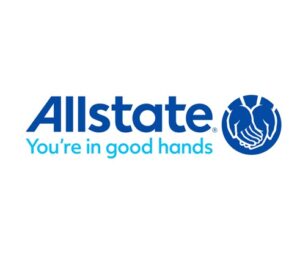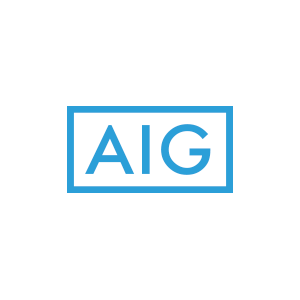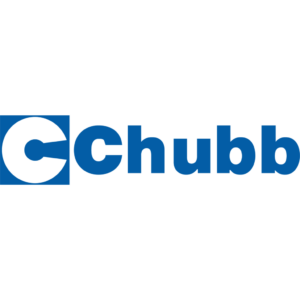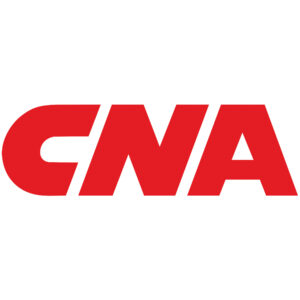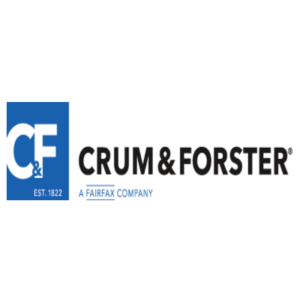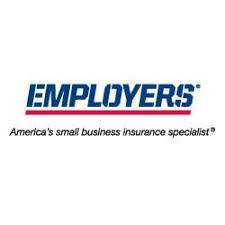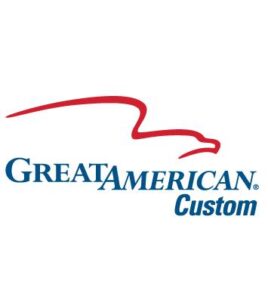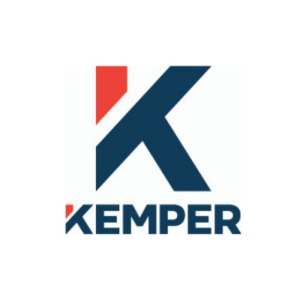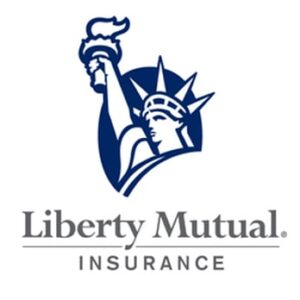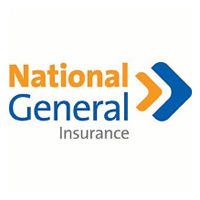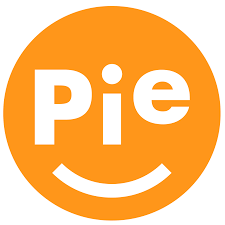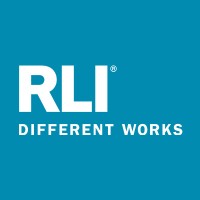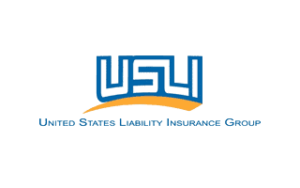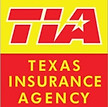Restaurant Insurance
Protect Your Restaurant Business with Comprehensive Insurance Coverage
Leave the cooking to us. We’ve got your restaurant insurance covered
Restaurant insurance, also known as food service insurance or hospitality insurance, is a specialized form of coverage tailored to the unique risks and liabilities faced by restaurants and food service establishments. Operating a restaurant involves various challenges, including the potential for accidents, property damage, foodborne illnesses, and customer-related issues. Restaurant insurance typically includes a range of coverage options to address these risks. It provides protection for the restaurant’s physical assets, such as the building, equipment, and inventory, in case of events like fires, theft, or vandalism.
Additionally, it offers liability coverage, including general liability insurance, which safeguards against third-party claims for bodily injury or property damage that may occur on the restaurant premises. Other types of coverage may include liquor liability insurance, workers’ compensation, food contamination insurance, and business interruption insurance. For restaurant owners and operators, this insurance is vital for financial security, compliance with regulations, and the ability to focus on providing a positive dining experience for customers without the constant worry of potential liabilities.
Unraveling the Ins and Outs of Restaurant Insurance
Restaurant insurance is an absolute necessity for several compelling reasons. First and foremost, the restaurant industry is inherently prone to a wide range of risks and liabilities, making insurance crucial for financial protection. Here’s why restaurant insurance is a must:
Liability Protection: Restaurants host a steady flow of customers and employees, increasing the risk of accidents and injuries on the premises. General liability insurance shields the business from the financial burden of third-party claims for bodily injury or property damage, whether it’s a slip and fall accident or food-related illness.
Property Protection: Restaurants invest heavily in equipment, furnishings, and inventory. Property insurance safeguards these assets against damage or loss caused by fires, storms, theft, or other unforeseen events, allowing the business to recover quickly.
Liquor Liability: For establishments serving alcohol, liquor liability insurance is essential. It covers liabilities arising from the sale or service of alcohol, including accidents involving intoxicated patrons.
Workers’ Compensation: Restaurant workers can be exposed to physical risks in the kitchen or while serving customers. Workers’ compensation insurance is typically required by law and provides coverage for employees’ medical expenses and lost wages in case of work-related injuries or illnesses.
Business Interruption: Restaurants rely on consistent operation for revenue. Business interruption insurance helps cover lost income and ongoing expenses if a covered event, such as a fire or natural disaster, forces the restaurant to close temporarily.
Food Contamination Coverage: Restaurants can face significant losses due to foodborne illnesses or contamination. This coverage helps cover the costs of disposal, cleanup, and potential lawsuits resulting from contaminated food.
Employee Theft: Theft and fraud can occur within the restaurant, affecting inventory, cash, or credit card transactions. Insurance protects against financial losses resulting from employee theft or dishonesty.
Employment Practices Liability: Covers legal costs and settlements related to employment-related claims, including allegations of discrimination, harassment, or wrongful termination brought by employees.
Cyber Liability: Restaurants often handle customer data and online transactions. Cyber liability insurance protects against data breaches, hacking, and cyberattacks, ensuring customer information remains secure.
Compliance and Peace of Mind: Many jurisdictions require restaurants to have certain insurance coverages to operate legally. Compliance with these regulations is essential to avoid fines or shutdowns. Additionally, restaurant insurance provides peace of mind to owners, allowing them to focus on providing excellent service without constantly worrying about potential financial risks.
Commercial Insurance Quote
What are the costs of insuring a restaurant?
The cost of insuring a restaurant can vary significantly based on several factors, including the type of restaurant, its location, size, revenue, and the specific insurance coverages needed. While it’s challenging to provide an exact figure without specific details, here are some key factors that influence the cost of restaurant insurance:
Type of Restaurant: The type of cuisine and services offered (e.g., fine dining, fast food, casual dining) can impact insurance costs. Fine dining establishments may have higher premiums due to the higher value of their assets and increased liability exposure.
Location: The geographic location of the restaurant plays a significant role in insurance costs. Urban areas with higher population density and increased exposure to risks may have higher premiums compared to rural locations.
Size and Capacity: The size of the restaurant and its seating capacity can affect insurance costs. Larger restaurants with more patrons and employees may face higher liability risks.
Annual Revenue: The restaurant’s annual revenue or sales volume can influence insurance costs, as it is often used to calculate premiums for certain coverages, such as business interruption insurance.
Coverage Needs: The types and extent of coverage required will impact costs. Basic coverages like general liability and property insurance are typically less expensive than specialized coverages like liquor liability or cyber liability.
Claims History: A restaurant’s claims history, including past incidents or lawsuits, can affect insurance costs. A history of claims may result in higher premiums.
Security Measures: Implementation of security measures and risk mitigation strategies, such as safety training for employees or fire prevention systems, can potentially lower insurance costs.
Deductibles and Coverage Limits: Choosing higher deductibles or lower coverage limits can reduce premiums, but it also means the restaurant will have more financial responsibility in the event of a claim.
Experience of the Operator: The experience and track record of the restaurant’s management can influence insurance costs. Experienced operators may be seen as lower risk by insurers.
To get an accurate estimate of the cost to insure a specific restaurant, it’s advisable to work with an experienced insurance agent or broker who can assess the unique characteristics of the establishment and provide customized insurance quotes. Comparing quotes from multiple insurers can help restaurant owners find the most cost-effective coverage that meets their needs while ensuring comprehensive protection against potential risks and liabilities.
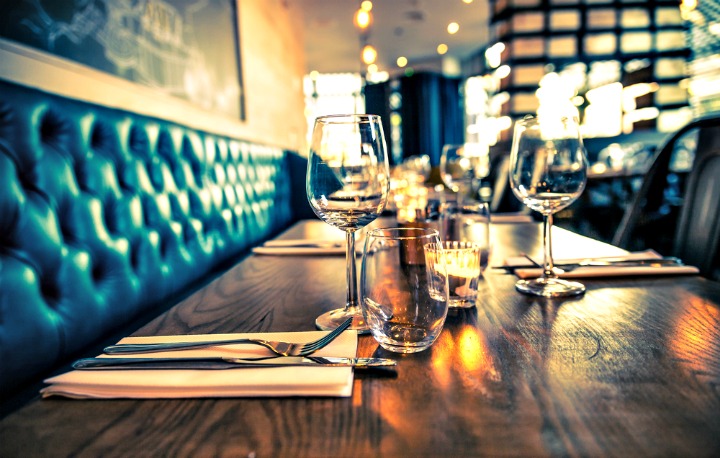
As a restaurant owner, protecting your business with an insurance policy is crucial
Reach out to us for a personalized consultation and explore the coverage options that suit your specific needs
Companies We Work With
